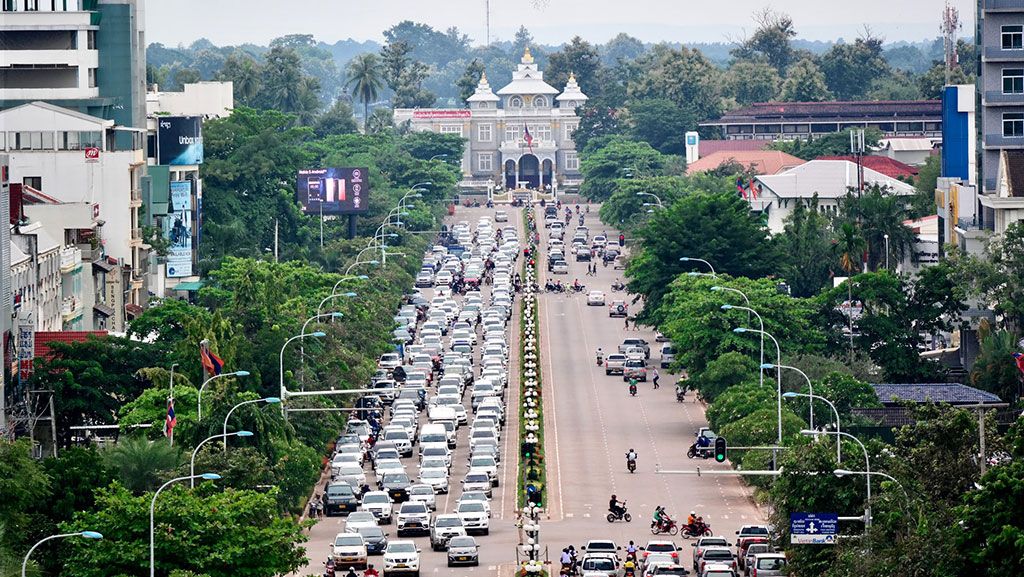GMS Contents
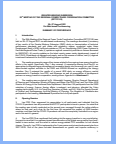
28th Meeting of the Regional Power Trade Coordination Committee (RPTCC-28)
The 28th Meeting of the Regional Power Trade Coordination Committee (RPTCC-28) was held on 26ꟷ27 August 2021 via web-based conferencing.

Big Data for Better Tourism Policy, Management, and Sustainable Recovery from COVID-19
This joint publication explores how big data and digitalization can support sustainable tourism development and help revitalize and reshape the sector as it emerges from the pandemic.
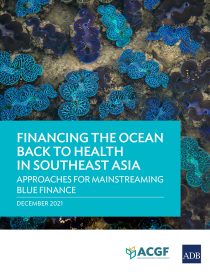
Financing the Ocean Back to Health in Southeast Asia: Approaches for Mainstreaming Blue Finance
This publication identifies investment approaches, opportunities, and finance mechanisms in Southeast Asia that can promote and catalyze funds for a sustainable ocean economy.
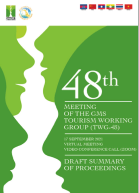
48th Meeting of the GMS Tourism Working Group (TWG-48)
The Government of Thailand with assistance of the Mekong Tourism Coordinating Office (MTCO) virtually convened the 48th Meeting of the Greater Mekong Subregion (GMS) Tourism Working Group (TWG-48) on 17 September 2021. The meeting was attended by representatives of the National Tourism Organizations (NTOs) of the six GMS countries—Cambodia, the People’s Republic of China, Lao People's Democratic Republic, Myanmar, Thailand, and Viet Nam—MTCO, the Asian Development Bank (ADB), World Bank, and other GMS development partners.
Lao PDR: Setting Vientiane on the Road to Sustainable Transport
Vientiane, the capital of the Lao People’s Democratic Republic, has a growing population living and working within a hub of government, tourism, educational, religious, commercial institutions, and residential areas. Its narrow, convoluted streets are overflowing with vehicles.
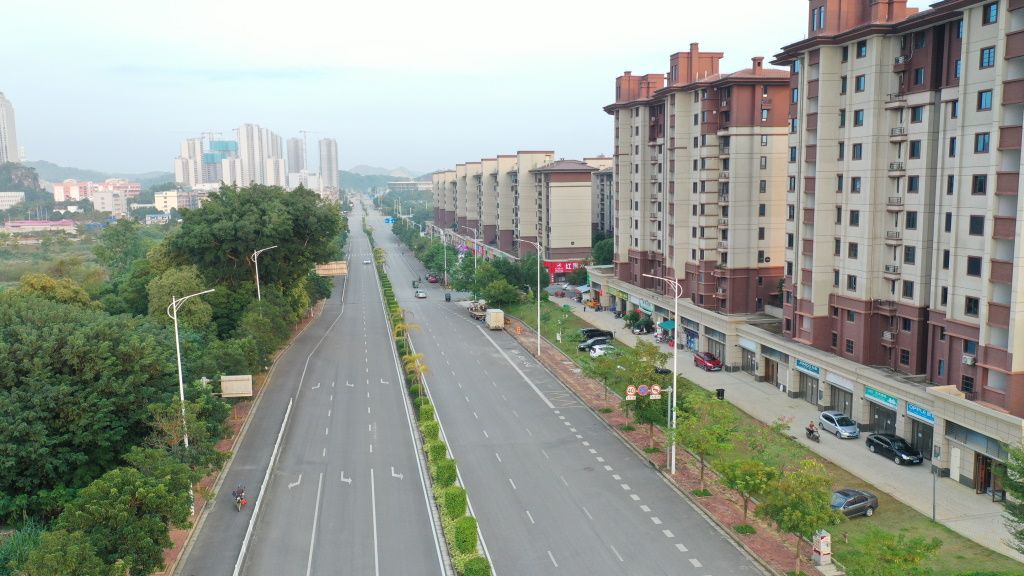
People's Republic of China: Three Cities of Guangxi Realizing Their Potential in Regional Networks
An ADB project improved living conditions in three cities in Guangxi Zhuang Autonomous Region, People’s Republic of China, to help unlock their potential as strategic regional transport corridors.
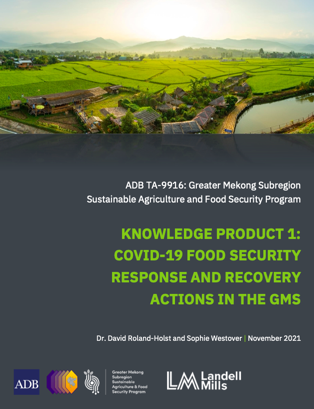
COVID-19 Food Security Response and Recovery Actions in the GMS
COVID-19 represents an ongoing global threat to public health, but it has been especially disruptive to agri-food supply chains and smallholder livelihoods that are dependent upon them.
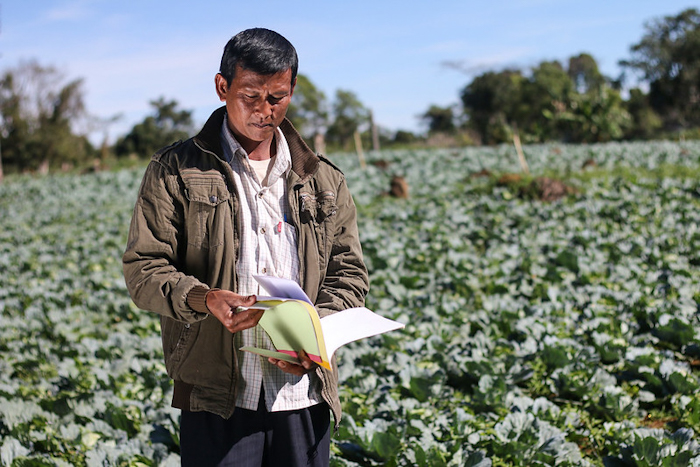
Photo by ADB
GMS Sustainable Agriculture and Food Security Program and GMS Countries Reach Agreement in Principle for First 6 Demonstration Sites
Demonstrations or pilot farms were implemented in large scale in the Greater Mekong Subregion (GMS) during the Core Agriculture Support Program (CASP) and will continue to form an important part in the GMS Sustainable Agriculture and Food Security Program (SAFSP). At least 12 demos will be set up across the subregion. These demos will offer important learning opportunities for target groups, especially the farmers, and practical results will provide feedback for policy making process.
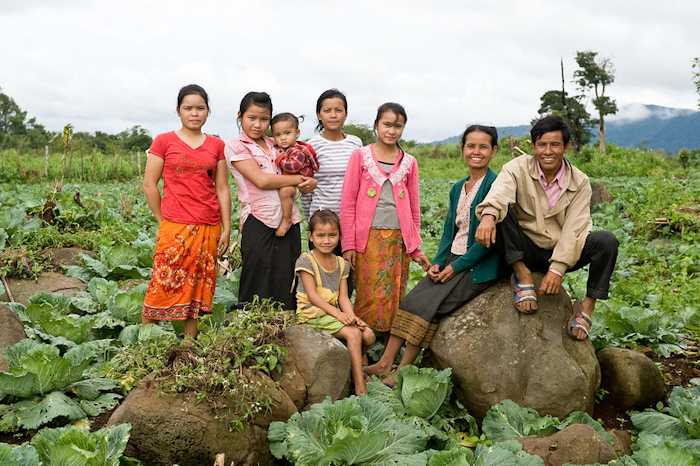
Photo by ADB
Young People are Encouraged to More Actively Engage in GMS Agri-food Value Chains
The ageing agricultural labor force in most of GMS countries is causing significant obstacles for the development of agro production activities, not only in productivity but also in innovation. Developing or applying knowledge-based and innovative aspects such as climate smart agriculture, digitalization, block chain technologies and other innovations is crucial for the sector to become more sustainable and competitive. Youth in the region is the generation to continue to work in this essential field, and they play a pivotal role in transforming agri-food systems.


